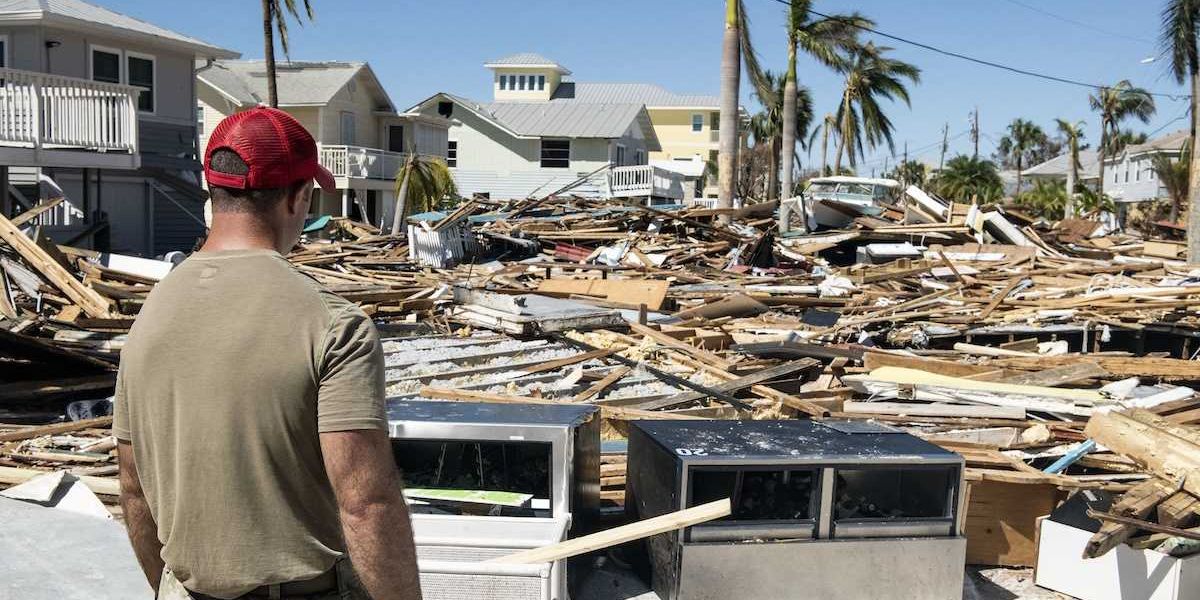Climate change is making it tough to insure homes in the US
As climate change intensifies, Americans face soaring home insurance costs, pushing some out of their homes.
Lucy Sherriff reports for the BBC.
- A report by First Street Foundation found millions of properties at significant risk from natural disasters, with private insurance deeming areas as uninsurable.
- Insurance companies are withdrawing from high-risk states like California and Florida, influenced by escalating disaster costs and climate change risks.
- The insurance industry's retreat disproportionately impacts economically disadvantaged communities, leaving many without coverage or facing exorbitant rates.
Key quote:
"A lot of folks who are the most vulnerable, and who are living in the most vulnerable areas, are the ones who tend to have the least financial means."
— Steve Bowen, chief science officer at Gallagher Re
Why this matters:
The escalating costs and decreasing availability of home insurance due to climate change calls for both immediate action to support vulnerable populations and long-term strategies to mitigate climate risks and protect those most affected. A 2023 story by Derrick Z. Jackson reports that nearly 15 million homes were impacted in 2021 by climate disasters and yet such trends have been largely accepted as the cost of doing business.













